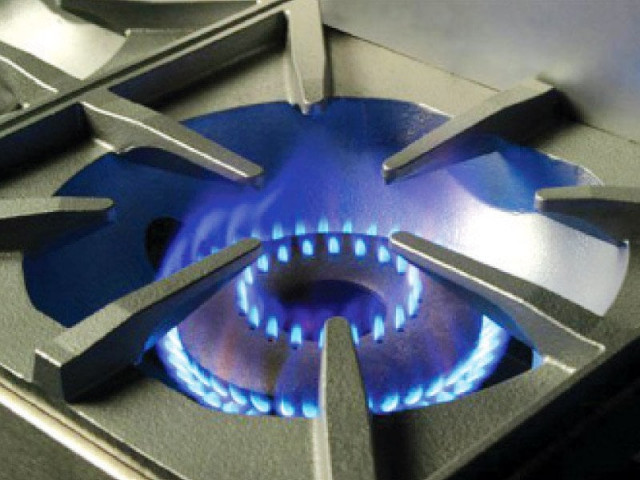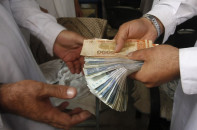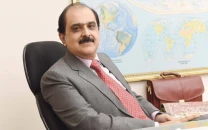Senate proceedings: Opposition threatens sit-in over gas price hike
Blatantly inaccurate statements mark Friday’s session on energy policy

Blatantly inaccurate statements mark Friday’s session on energy policy. STOCK IMAGE
Friday’s session was a stark display of the disconnect between lawmakers’ populist rhetoric and reality and senators used wildly inaccurate claims to protest against the government’s policy to increase the exceedingly low gas prices charged to domestic consumers in a bid to incentivise an increase in gas production.

ANP Senator Zahid Khan, chairman of the Senate’s water and power committee, appeared to be under the impression that petrol prices in Pakistan have gone up. In reality, petrol prices in Pakistan have declined 27.9% from their peak in June 2014. BNP-A Senator Kalsoom Parveen inaccurately claimed that the majority of gas produced in Pakistan comes from Balochistan, when in fact nearly 71% of Pakistan’s total gas production comes from Sindh.
The government, for its part, appeared to be unable to defend its decision in the session. Jam Kamal Khan, the state minister for petroleum and natural resources, said the increase in gas prices was only a proposal at this stage. “No decision about gas price hike was taken as yet,” he said. “However, there are proposals to review the different slabs of [tariffs charged to] gas consumers.”
While the two companies in Pakistan that distribute natural gas to consumers – Sui Northern Gas Pipelines and Sui Southern Gas Company – are majority state-owned, gas exploration and production is done by a mix of both public and private companies.
Natural gas production in Pakistan peaked in 2014 at 4.4 billion cubic feet per day (bcfd), according to the petroleum ministry, and is set to decline very rapidly by 2022, even as demand continues to rise to 8 bcfd by that year. The largest natural gas fields in Pakistan that were the easiest to exploit have already reached peak production and are now entering their declining phase.
The next phase of natural gas exploration in Pakistan is set to be smaller fields that are more difficult to drill and therefore more expensive to maintain. In addition, the security situation in many gas-rich areas of Sindh and Balochistan often requires a security battalion from the military that can triple the cost of drilling.
Yet even as production costs continue to rise, consumers in Pakistan continue to pay prices lower than the marginal cost of production. The government has tried to increase the prices state-owned gas pipeline operators pay producers in a bid to prevent the decline from happening. However, this has resulted in a severe financial strain on those companies, to which the state minister alluded in his remarks.
The financial health of the gas pipeline companies is so bad that neither Sui Southern nor Sui Northern have issued financial statements since March 2013, which analysts feel is the government’s attempt to hide the true scale of losses at those companies. The government is trying to fix those losses by increasing the tariff those companies can charge consumers so that taxpayers do not have to continue bailing out those companies.
Published in The Express Tribune, January 3rd, 2014.



















COMMENTS
Comments are moderated and generally will be posted if they are on-topic and not abusive.
For more information, please see our Comments FAQ